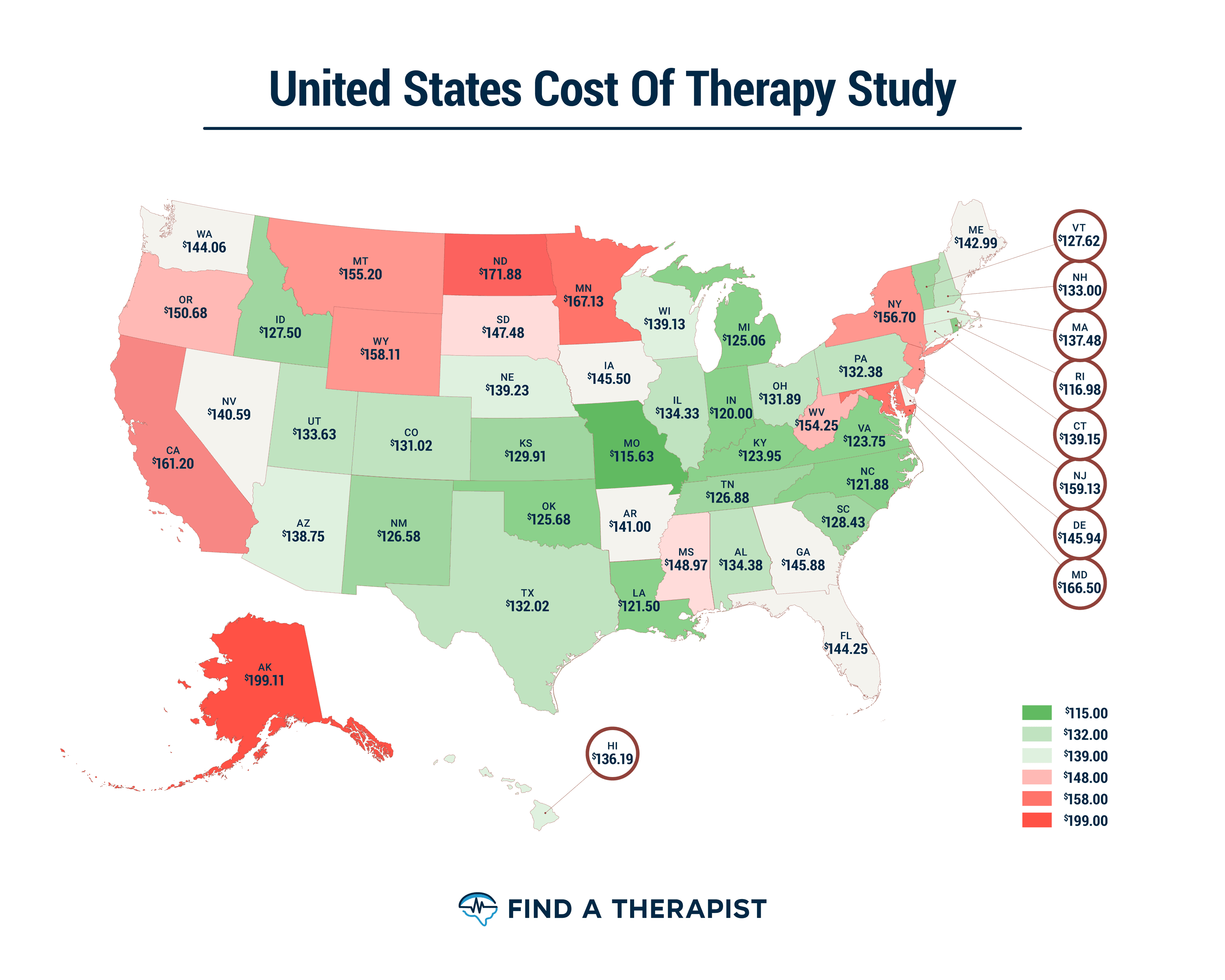We as humans are inherently social by nature, often regressing in solitude and thriving in company. Most of us find comfort in the relationships that we build around us, but what do you do when things go south and a friendship no longer makes sense?
Sometimes, once cherished relationships can become, well… less so. The first thing to note is that this is perfectly okay and not all friendships have to be life long. Growing apart from somebody is an unavoidable part of life.
More often than not, friendships that are no longer working, or cease to make sense, usually ‘fizzle’ out naturally. If you find yourself in a position in which the feeling is not mutual, it can be both a difficult and awkward situation to resolve.
If your friendship has run its course, but you’re just not sure how to cut ties, here’s how to end a friendship the right way.
Explore emotional well-being with BetterHelp – your partner in affordable online therapy. With 30,000+ licensed therapists and plans starting from only $65 per week, BetterHelp makes self-care accessible to all. Complete the questionnaire to match with the right therapist.
Reasons to End a Friendship
Putting an end to a friendship is an incredibly big decision, usually becoming ever more significant the longer the friendship has been shared. It’s crucial to always fully reflect and establish the true reasons why you want to end a friendship and to never make a rash decision off the back of a one-off argument or singular situation.
Grabbing a pen and paper to jot down some reasons, why it’s time to end the friendship can be a helpful process, bringing some much-needed closure to your situation.
Here are some common reasons to end a friendship:
Your lives have moved in separate directions
This is a common scenario with growth in your life. For instance, when you graduate from high school and head off to college or when you change jobs.
Having a directional change in your life can mean once valued friendships are no longer viable. You may develop new interests and form new friendship groups that don’t coincide with old ones.
You may be moving away
Long-distance friendships are most definitely possible, and there are plenty of people who maintain close friendships with people on the other side of the world.
But if you feel that your friendship is built around the things that you do, rather than the conversations that you have, maintaining the friendship can become ‘forced’ and unnatural.
Seeing a new side to your friend
Newly formed friendships can move very quickly in this day an age. With social media and the ease of communication, you may feel like you know your friend really well when actually you know them relatively little.
Over time, certain negative character traits can present themselves that you didn’t know existed. This is a common reason why some seemingly great friendships often only last short period of time.
Your friendship had become toxic
A toxic friendship is one that adds more negativity to your life than positivity. A toxic friendship can impact your entire being, and even affect other people around you, such as your work colleagues, family and other friends. Toxic friends may encourage you to make decisions that benefit them, over yourself.
Your “friend” is deceitful
Some people actively search out friendships strictly for their own benefit. A deceitful friend can be someone that lies to you to gain your trust, pretends to be your friend or someone that lies to others to make themselves look or feel better. A deceitful friend is also a toxic friend.
If a friend of yours is regularly bringing you down, lying to you, using you or just generally not being a ‘good’ friend, maybe its time you take the right steps to put an end to it
How to end a friendship
There are ultimately 2 ways to end a friendship:
- Healthy ways: In which feelings of both sides are taken into careful consideration and done in a way of genuine sincerity. Ending a friendship healthily is always rooted in honesty.
- Unhealthy ways: Where the friendship is ended without justification, genuine explanation and in a way in which the feelings of the other person aren’t taken into account.
While sometimes it can be necessary to end a friendship abruptly in an ‘unhealthy’ way, it’s usually better and often easier to do so using a “healthy” method.
Healthy Ways to End a Friendship
1. Have a talk and express your feelings
Sometimes the best way to end a friendship is by simply communicating! They are your friend after all, so there’s no need to be frightened of a one to one chat.
Set a time and place that works for both of you, unload and get everything off both of your chests. Directing the conversation onto this difficult topic is often the hardest part, but once things get going there will be a massive feeling of relief.
Talking things over can help you to fully explain yourself as to the reasons why you want the friendship to end. It is also important to be a good listener when having ‘the talk’. Maybe the feelings are mutual, perhaps there has been a misunderstanding, taking the time to talk things through is the only way to find out.
You might find that having a conversation about ending your friendship is easier if you write down a brief list of the things that you want to say. No need to write a 15-page in-depth recap, evaluation and conclusion about your friendship, but a few notes can help to keep the conversation going, even if you hit a patch of silence, or can’t remember what you originally set out to say.
Whilst this method may seem overly simple and straight forward, I believe it to be the most effective, sincere and honest.
2. Let things take their natural course
Without realizing, you may actually be the one who is holding onto a friendship that is coming to an end. It can be difficult to let a friendship slowly diminish over time, although, clutching onto something that is no longer there can be unhealthy for both sides, unnecessarily prolonging an inevitable outcome.
To let things take their course try taking a ‘back seat’ in the friendship. See if your friend stops reaching out to you to make plans, stops messaging you unless you contact them first, or stays more distant from you unless you make a concerted effort to do the opposite.
Reducing contact gradually can sometimes be the easiest and least intrusive way to end a friendship. By doing so there is also the opportunity to reflect and potentially reinstate the friendship with more ease than if things are ended in a more abrupt manner.
3. The professional approach
It is common to become friends with the people that you work with, but if it starts to affect your career and have a negative influence on your performance, perhaps it would be better the friendship stays strictly professional.
This can be done by verbally expressing your feelings of the situation, or by not taking part in conversations that are private or personal. Over a short period of time, the friendship will quickly revert to one of a professional nature.
If you are having trouble with somebody being over-friendly, to a point that it is affecting your work, and a clear conversation hasn’t worked. It may be best to speak to your manager or to request that your HR department intervene.
4. Take a pause from the friendship
Good friendships don’t come around often, so if you’re having troubles and feel like the friendship is heading towards the end, one of the best things to do is to take a break.
No matter how close your friendship is, spending a lot of time with one person can become overwhelming. Much like a romantic relationship, a friendship can greatly benefit from taking a little time away from one and other.
By doing so, you can develop a newfound appreciation for your friendship, give you a chance to unwind and calm down if your friend has upset you over time and it can give you an opportunity to see whether or not the friendship should continue.
Whilst taking a break isn’t exactly an actual way to end a friendship, it might, however, help to facilitate the process. I believe it is far easier to end a friendship after a break, than by doing it seemingly out of the blue. It also softens the blow if the feelings are not mutual.
Unhealthy Ways to End a Friendship
Who am I to say that one way to end a friendship is better than another? The fact of the matter is, everyone’s situation is individual and specific.
If a friend is being nasty, obnoxious, or aggressive towards you, why not end the friendship there and then with a simple unkind hand gesture?
In some instances, the most appropriate action needed to end a friendship can be seen as ‘unhealthy’ though nevertheless, very much necessary.
Avoiding situations in which you have to end a friendship in an unhealthy manner is often the best thing to do. examples of unhealthy ways to end a friendship are:
- By text or email
- Abruptly cutting off all contact, without warning (aka “ghosting” them)
- Ending the friendship in an argument or in a “nasty way”
- By getting others to end the friendship or your behalf
- By changing yourself as a person in an attempt to make your friend want to end the friendship themselves.
How Will You End Your Friendship?
Ending a friendship is usually a troublesome and complicated decision, there is no way of avoiding that fact. It would, however, be far worse to hold onto a friendship that is no longer working, or to allow a friendship to continue to a point of being toxic and detrimental to your livelihood.
Some friendships are short, others are long, but it is important to remember that not all friendships have to last a lifetime. It is completely normal for friendships to take their natural course.
If in doubt, always express your feeling and never stay in the dark. If you don’t feel comfortable speaking to your friend straight away about ending your friendship, try discussing it with another trusted friend or close family member.






